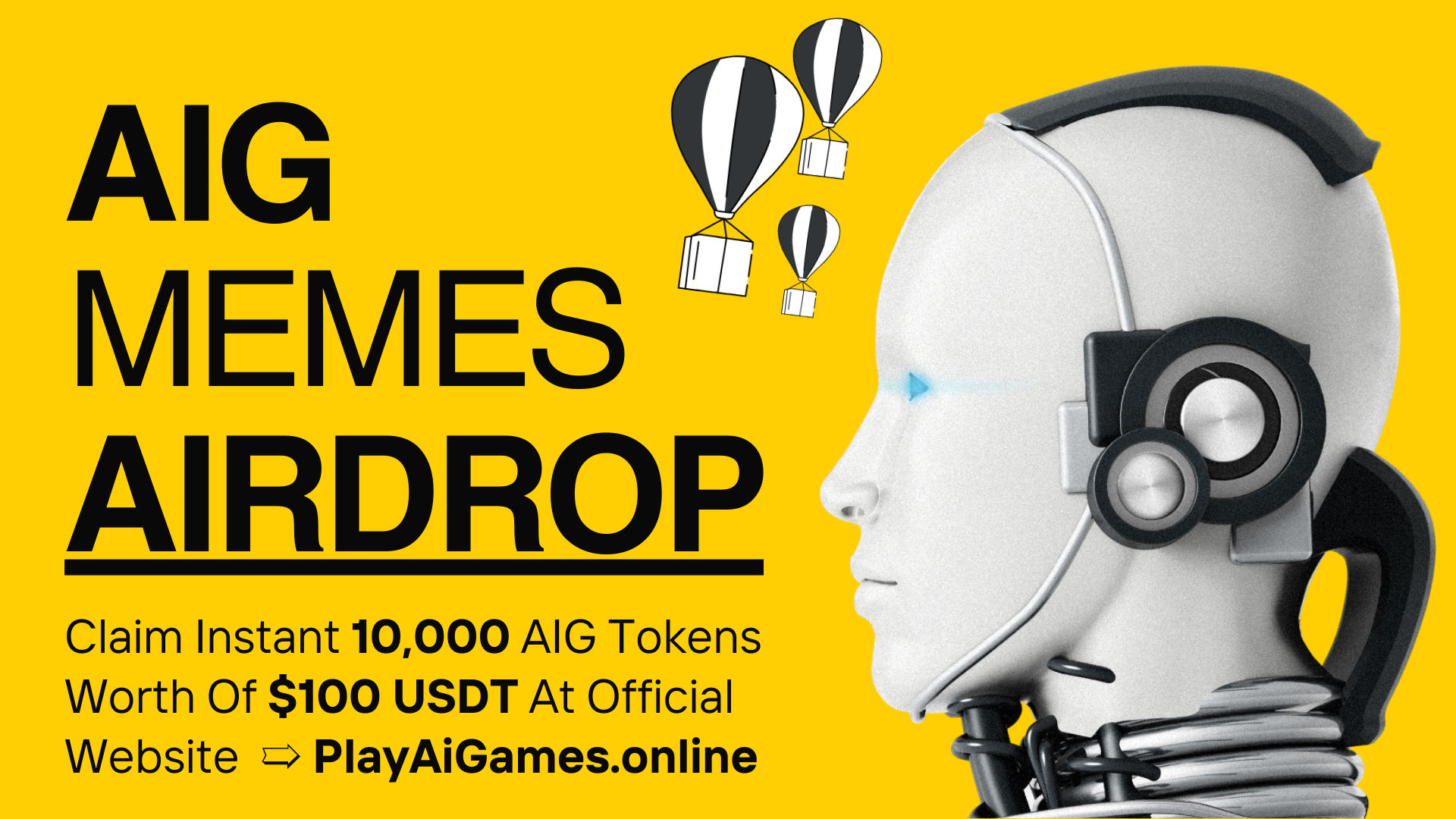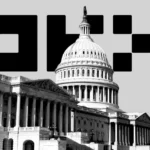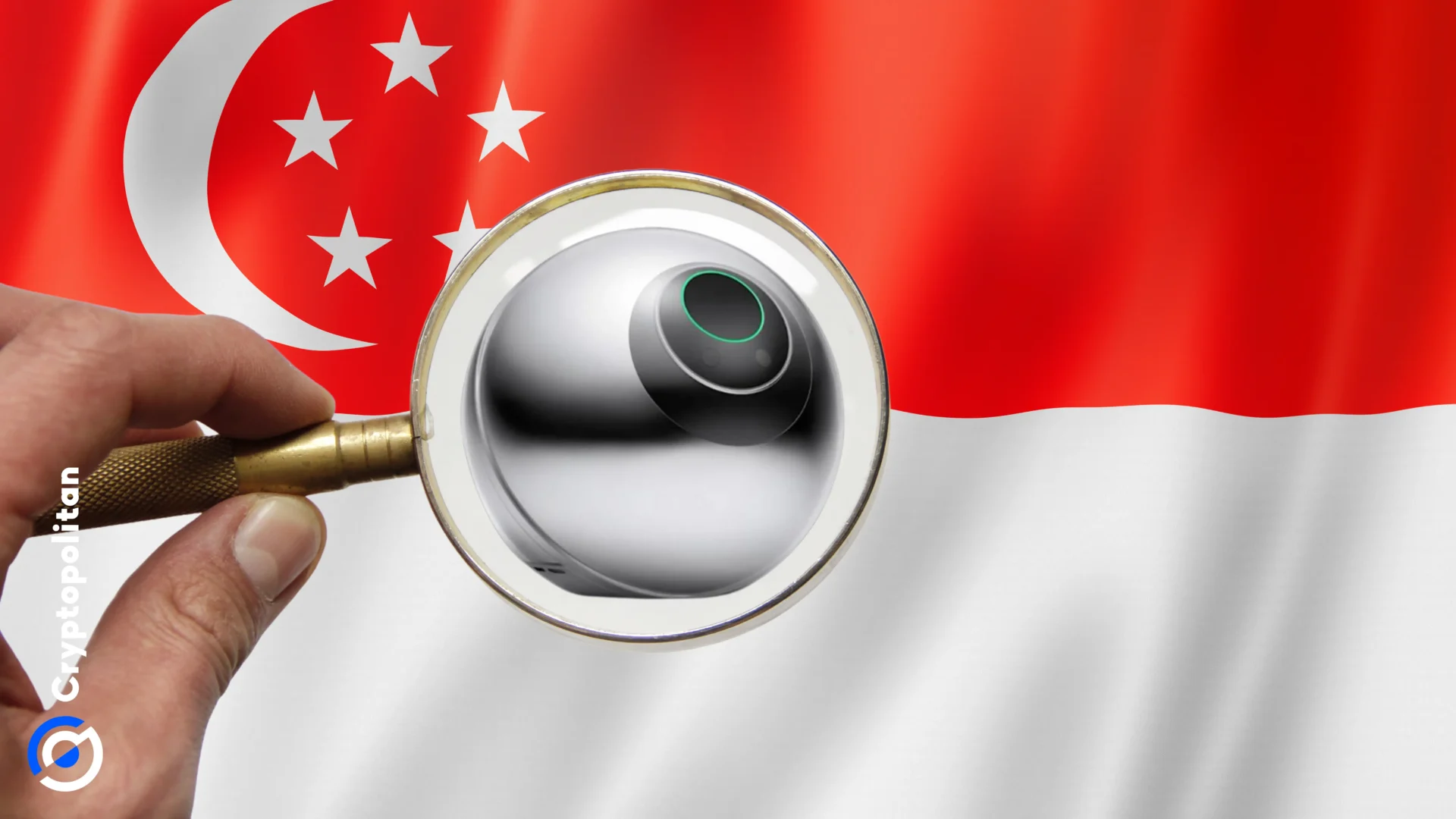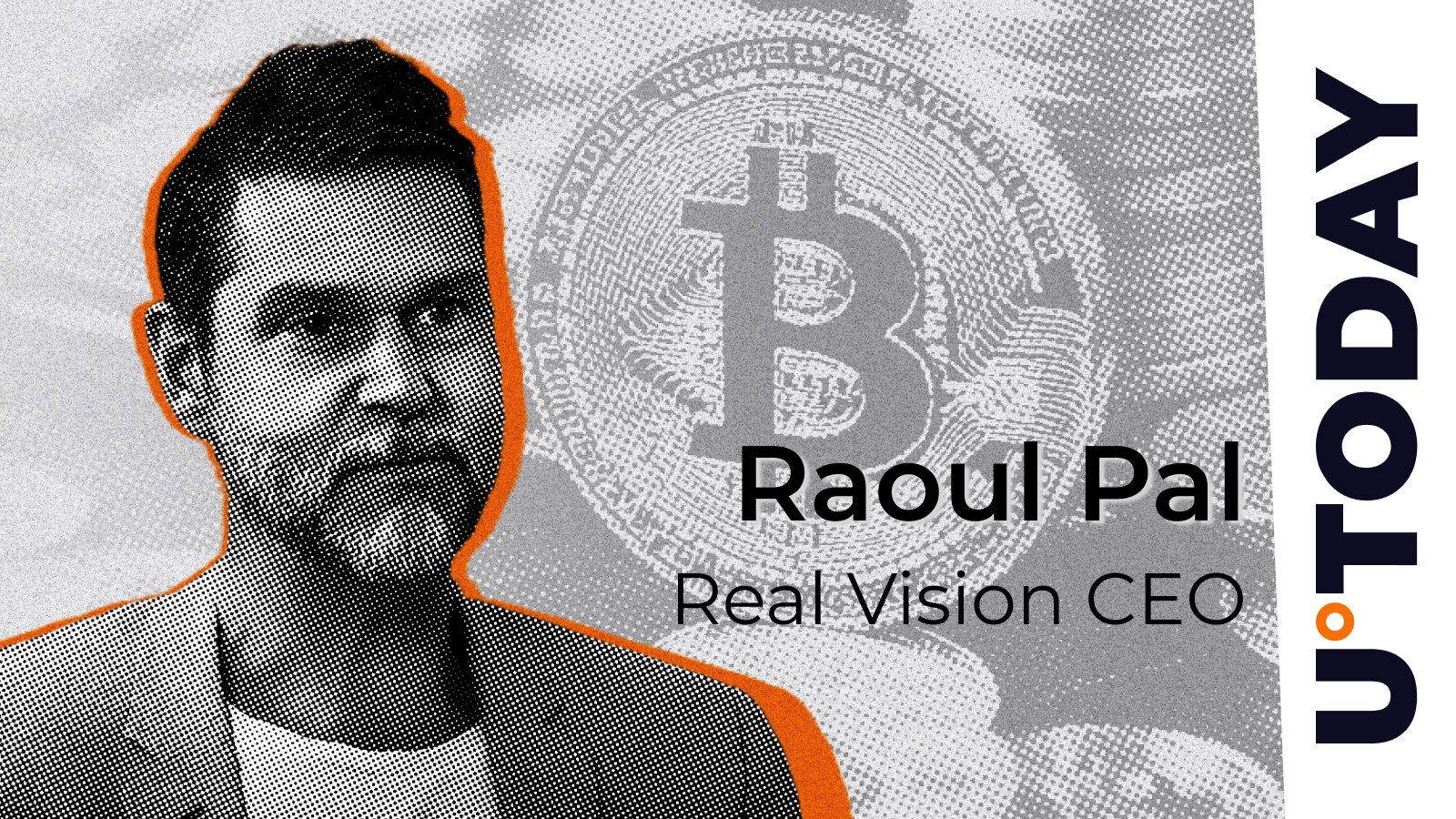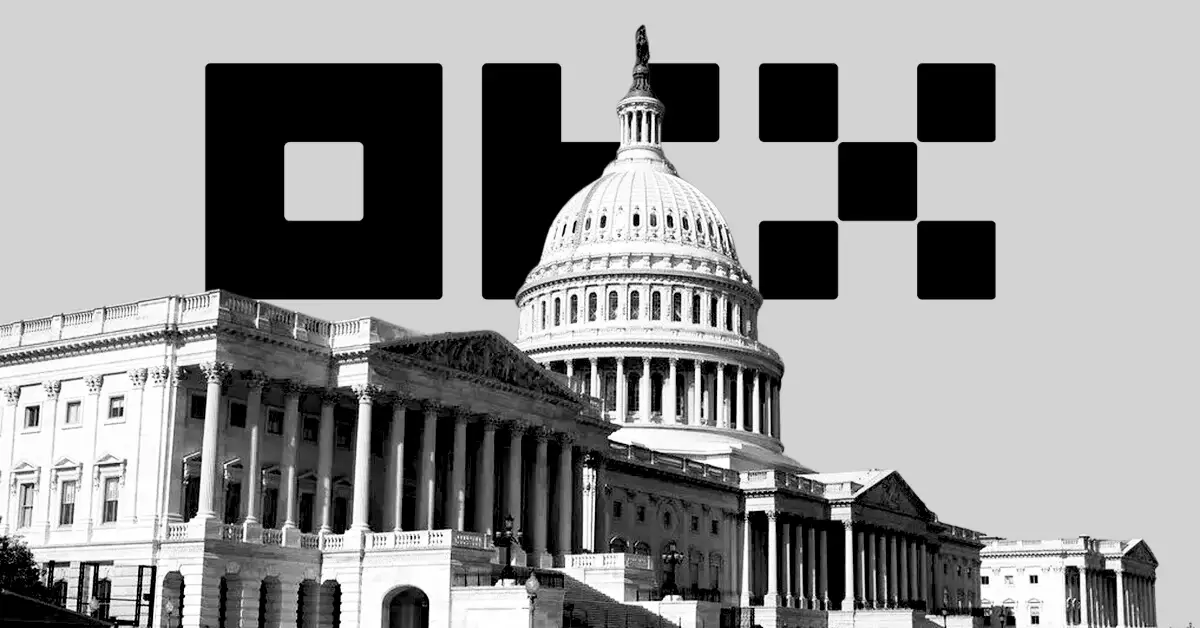
The Singapore police are investigating seven individuals trading Worldcoin accounts and tokens, noting that this may violate the Payments Services Act of 2019. Deputy Prime Minister Gan Kim Yong disclosed the update Monday while responding to questions from parliament members Rachel Ong and Derrick Goa
According to Yong, based on the information it provided to MAS, Worldcoin does not qualify as a payment service under the PSA. He also noted that anyone offering third-party sales of its accounts and tokens could be regarded as providing payment services.
He said:
“The Payment Services Act 2019 (PS Act) prohibits persons who are unlicensed or not exempted from providing a payment service under the PS Act. Based on information provided to MAS, Worldcoin does not perform a payment service under the PS Act. However, persons who buy or sell Worldcoin accounts and tokens as a business may be providing a payment service.”
Yong added that law enforcement authorities have started cracking down on this practice, noting that the Police warned the public in August about how Worldcoin accounts could be used for illegal and criminal activities such as terrorism financing and money laundering.
Police make arrests over Worldcoin account and token sales
The Singapore police arrested five people in connection to the sale of Worldcoin accounts by third parties, seizing over 200 mobile phones in the process. Its investigations show that three men recruited others to create Worldcoin accounts on behalf of other entities and then took over the accounts and tokens in exchange for cash. Two other people were involved in buying and receiving the Worldcoin accounts and tokens.
Although the reason for the particular activity is unclear, it has raised concerns about how such personal information could be used later. The police advised people to treat their Worldcoin accounts the same way they would treat their bank accounts because giving them away or selling them may lead to their misuse.
The police noted that this offense attracts a fine of up to $125,000 or an imprisonment term of up to 3 years or both.
Members of the parliament expressed concerns about the risks of Worldcoin’s operations in Singapore and whether there can be measures to prevent connected criminal activities.
Regulators concerned about Worldcoin data misuse
While the police investigation is ongoing, Worldcoin operations in Singapore could come under more scrutiny from regulators now that the token is vulnerable to use for potentially illegal purposes. The deputy prime minister acknowledged this, saying organizations dealing with personal data have an obligation.
He said:
“Organisations that handle such data, including biometric data, must ensure they put in place the necessary data protection and security arrangements to address the risks involved when designing and operating their systems and processes.”
These concerns echo those of regulators in several other countries, including Kenya, India, Spain, South Korea, and Germany, about Worldcoin registration and its collection of biometric data, including irises.
Nevertheless, Yong noted that consumers must be more cautious with their World ID and not transfer it to others for any inducements, as this could come with significant risks.
